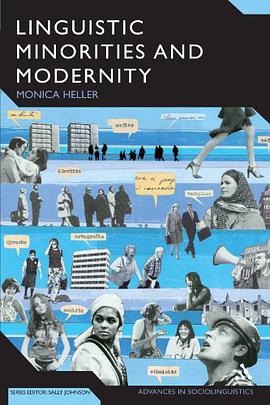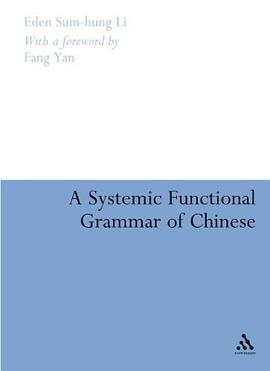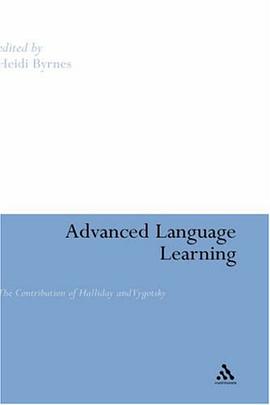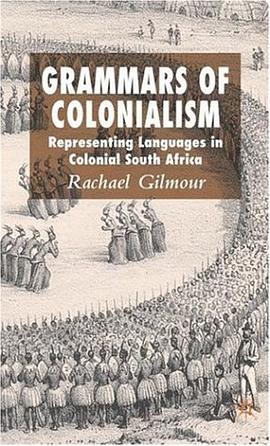
具体描述
The subject of this book is linguistic minorities, and how language is used by speakers of languages which are not the main language of communication. This is a core topic for sociolinguists, who examine how language is actually used within a given context. Globalization, migration, and the erosion of nationhood is creating far more linguistic minorities as society becomes increasingly pluralistic. One of the major sites of contact between languages is the school, and this book focuses on linguistic interaction within this educational context. Through a careful examination of the language practices in the daily life of a school, Monica Heller explores issues such as changing language policy, bilingualism, identity, power, ideology and gender from the point of view of the minority speaker. In so doing she provdies a fresh new insight into this important area of sociolinguistics. Linguistic Minorities and Modernity is written in an accessible and lively narrative style, and uses real-life examples and case studies to illustrate the discussions. The text has been revised throughout, and includes a new introduction by the author. The book is suitable for undergraduate and postgraduate students of sociolinguistics and linguistic anthropology.
作者简介
目录信息
读后感
评分
评分
评分
评分
用户评价
相关图书
本站所有内容均为互联网搜索引擎提供的公开搜索信息,本站不存储任何数据与内容,任何内容与数据均与本站无关,如有需要请联系相关搜索引擎包括但不限于百度,google,bing,sogou 等
© 2026 qciss.net All Rights Reserved. 小哈图书下载中心 版权所有





















